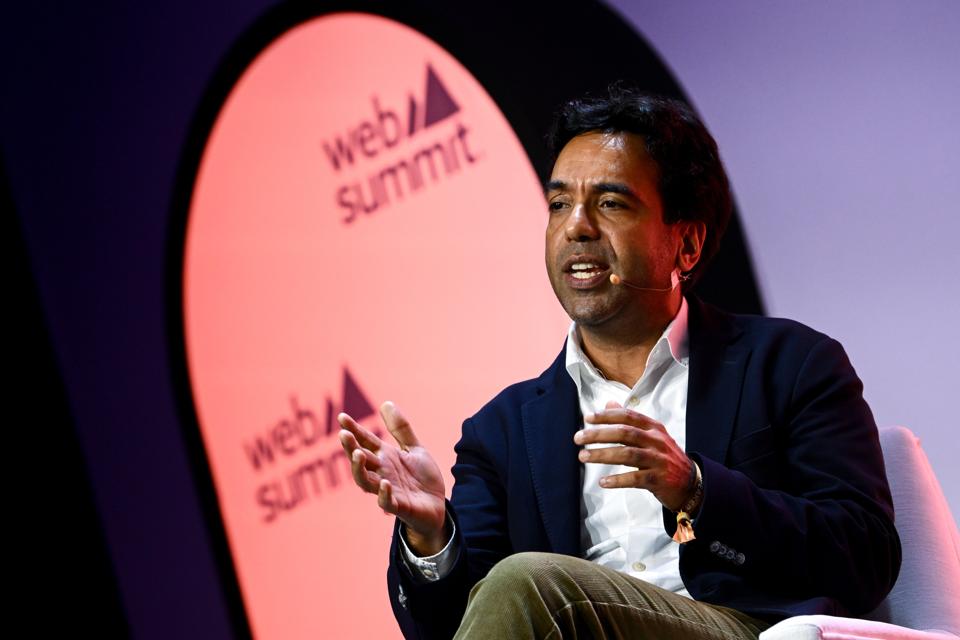Starling Bank managed to report its fourth consecutive year of profitability and revenue growth on Wednesday, although the fintech’s “legacy matters” weighed heavily on its bottom line.
The bank said its pretax profit for the financial year fell to £223 million ($300 million), an almost 26% drop from a year earlier that was largely attributed to a regulatory fine for inadequate financial crime controls and a provision to cover issues with Covid-era loans.
Starling was fined £29 million by the Financial Conduct Authority (FCA) in October after it had repeatedly breached an agreed requirement not to open accounts for high-risk customers. The watchdog said at the time that the bank’s anti-money laundering controls and sanctions screening systems left the financial system “wide open to criminals.”
Starling also said it recognized a £28 million provision during the financial year after it voluntarily removed the government guarantee on some of the loans it had issued under the Bounce Back Loan Scheme (BBLS).
The BBLS was a government-backed program launched in May 2020 that was aimed at helping small businesses exposed to the economic shock caused by the pandemic. The scheme allowed banks to quickly lend businesses up to £50,000 at low interest rates and with a 100% state guarantee.
More than £46 billion in loans had been disbursed by various lenders through the scheme, according to the Department for Business and Trade, but the agency also admitted there had been more than 100,000 cases of loss due to fraud and error.
The government’s decision to streamline the loan process meant that it had “limited verification and no credit checks on borrowers, which made it vulnerable to fraud and losses,” according to the National Audit Office.
Starling’s revenue growth slowed considerably last year. The bank’s turnover rose 4.7% to £714 million, compared to a 51% jump in revenue that Starling posted in its 2024 fiscal year.
Starling’s Chairman David Sproud characterized the bank’s latest results as “a resilient financial performance amid challenging markets and as we resolved some important legacy matters.”
Founded in 2014 by veteran banker Anne Boden, Starling has grown rapidly as it aims to take on traditional banks with a mobile-only offering. Starling is one of a pack of digital banks, often described as neobanks or challenger banks, that emerged over the past decade and grabbed market share from legacy lenders. The likes of Starling, Monzo and Revolut have been attracting millions of customers with user-friendly apps and low fees.
Starling was granted a banking license by the Bank of England in 2016. Boden stepped down as CEO in 2023, saying at the time she wanted to avoid any potential conflicts of interest with her stake in the fintech.
Starling was approached by Shawbrook, another challenger bank, about a possible £5 billion merger earlier this year, Sky News reported in April. The approach was described as “highly preliminary,” and did not involve any details about the proposed deal.
Starling didn’t comment on the prospects of a merger on Wednesday, but it did point to its Engine unit, which sells software to other companies, as a source of future growth for the bank.
“Our ambition is global, and with Engine we are now poised to bring our proprietary technology to a global addressable market of some £100 billon,” Starling CEO Raman Bhatia said. “In the coming year we will expand Engine’s unique Software-as-a Service (SaaS) proposition to new markets in North America and the Middle East.”

